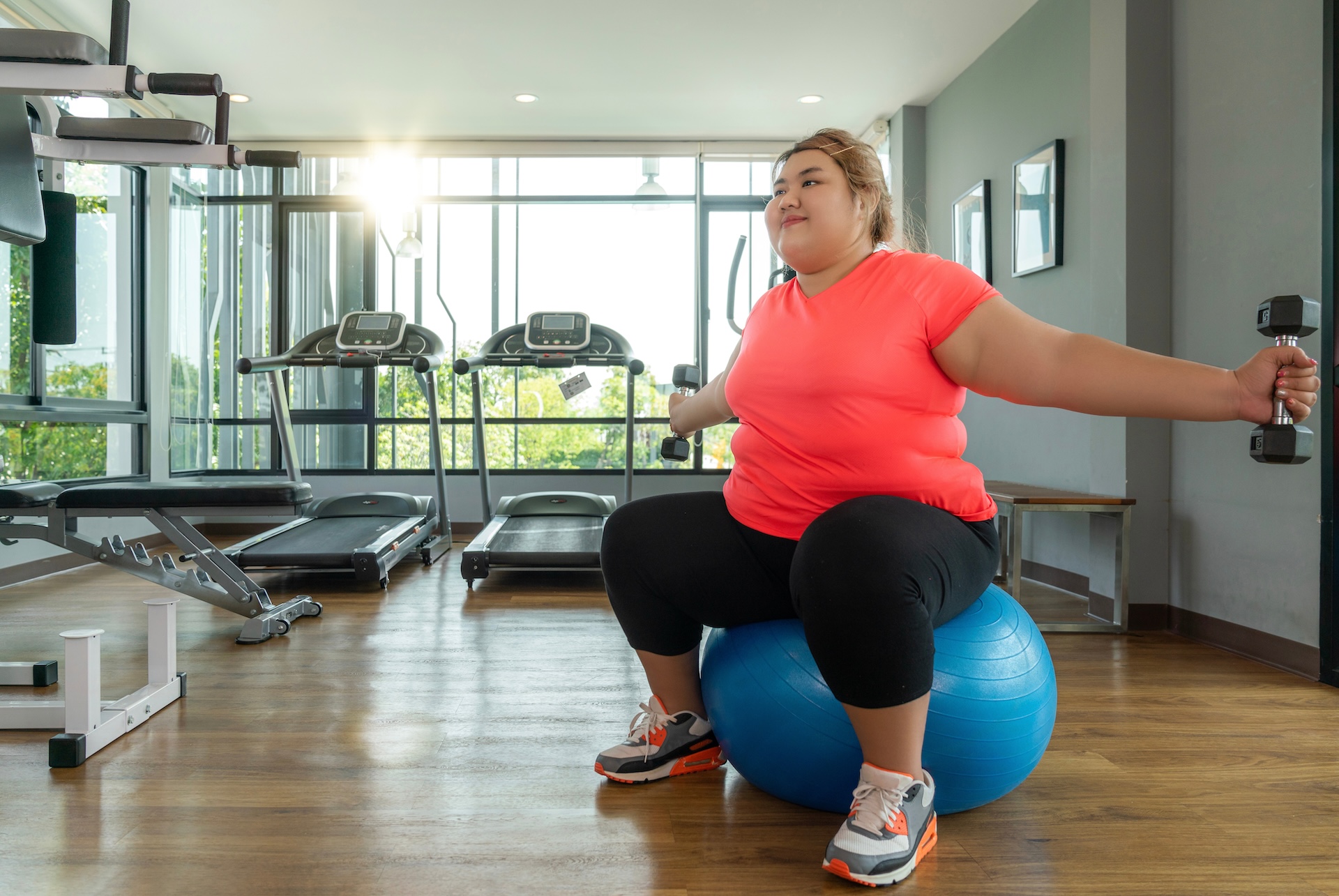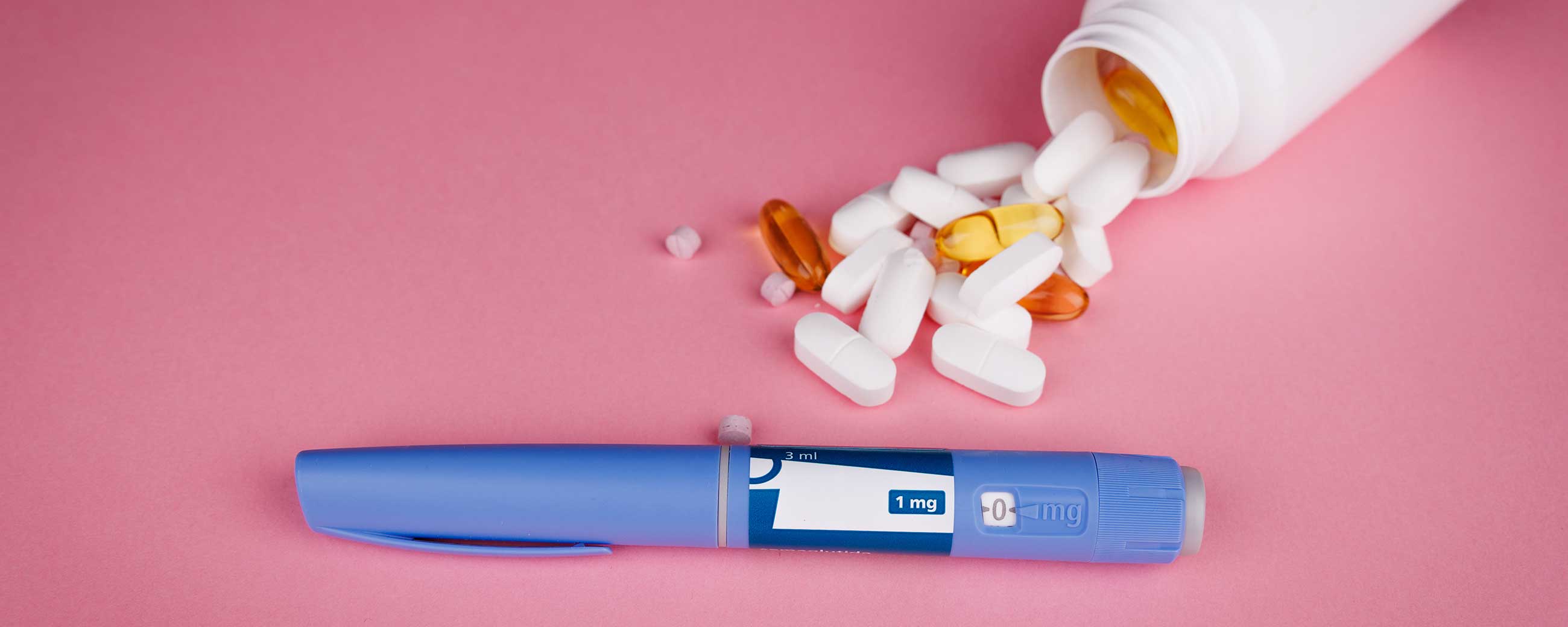
7 Tips to Lower Your A1c

A1c, or glycated hemoglobin, measures average blood glucose levels over the previous 2 to 3 months and is used for diagnosing and managing diabetes and prediabetes. To lower A1c, it is important to adopt a comprehensive approach: adjust your diet, increase physical activity, take medications regularly, monitor glucose levels, manage weight, prioritize mental health, and build a support system.
If you’re wondering how to lower A1c naturally, we’ve got you covered. Reducing carbohydrate intake can help lower A1c, potentially reversing diabetes without adding more medications to the mix. Another common question is “how much can A1c drop in 3 months?” While results vary, significant A1c reduction is possible within just a few months with proper support and monitoring by your healthcare team. Here are the top 7 ways to lower your A1c.
1. Get your diet right
The most effective way to reduce your A1c is by reducing your intake of carbohydrates. When carbohydrates are consumed and the blood sugar level starts to go up, the body does not respond to insulin which is released from the pancreas. When this occurs, the sugar levels rise into the diabetes range. This means that these individuals are carbohydrate intolerant, and it also means that reducing carbohydrate intake can help.
One of the simplest ways to reduce your carbohydrate intake is by prioritizing non-starchy vegetables at every meal. Fill half of your plate with options like cauliflower, leafy greens, bell peppers, zucchini, green beans, or asparagus. This approach provides a wealth of vitamins, minerals, and fiber while leaving less room for starchier foods like potatoes, bread, and pasta.
Last, don’t forget the fat. Healthy fats are good for us, they keep us full and satisfied, and they taste great!
2. Incorporate exercise
Exercise lowers A1c levels by making your body more sensitive to insulin, helping your body use glucose more efficiently, helping you maintain weight loss, improving cardiovascular health, and promoting healthier lifestyle habits.
Exercise can’t replace poor dietary choices, but one healthy habit often leads to another. By incorporating more exercise into your daily routine you are more likely to adopt healthier eating choices too. So if you’ve recently asked your doctor “how long does it take to lower A1c with diet and exercise?” know that the answer can vary. The more effort you put into reducing your carbs and finding ways to move more, the faster you’ll lower your A1c.
3. Take your medication(s)
Some medications lower A1c by improving insulin sensitivity (e.g. metformin), or by increasing insulin production (e.g. glipizide), or by inhibiting glucose reabsorption in the kidneys (e.g. Farxiga), or through mimicking incretin hormones (GLP-1s), and still others by providing exogenous insulin (insulin injections). Consistent and tailored use of these medications can significantly improve blood glucose control and lower A1c levels. Your healthcare provider will recommend one or more medications to help manage your blood sugar, so it's important to take them consistently.
4. Check your levels
Regularly monitoring your blood sugar levels enhances awareness and accountability, offering immediate feedback for adjusting medications, food choices, physical activity, sleep patterns, and stress management. This insight helps predict patterns, potentially reducing episodes of high or low blood sugar. Equipped with this information, you can improve communication with your healthcare provider and identify impactful changes to make.
5. Get rid of excess weight
Similar to exercise, losing weight improves insulin sensitivity and helps your body use glucose more efficiently. Another benefit of weight loss is a decrease in abdominal fat. This fat surrounds the organs and promotes inflammation, which can increase blood sugars and worsen diabetes.
6. Take care of mental health & stress
Stress triggers the release of cortisol and adrenaline, hormones that can increase blood sugar levels by stimulating glucose production and reducing insulin sensitivity (which can worsen diabetes). Chronic stress can impact appetite as well, often leading to emotional eating and cravings for high carb foods and sugar. It may also make adhering to other healthy habits like exercising and self monitoring more difficult. By taking care of your mental health and stress levels, you can help reduce your A1c.
7. Get support
Support from family, friends, and your healthcare team enhances emotional well-being and can prevent diabetes burnout. By increasing accountability and motivation, offering educational resources, promoting social interaction and facilitating problem-solving, support systems can lead to improved blood sugar and A1c, and can significantly improve quality of life for people with diabetes.
The Takeaway
Lowering your A1c is most effective with a multi-layered approach, with dietary changes being one of the most impactful. If you are diagnosed with type 2 diabetes and want to live a healthier lifestyle, Virta Health may be able to help. By making healthy lifestyle changes in a medical setting with supportive resources like 1:1 virtual coaching, you can regain control of your health and feel like yourself again. See if you’re eligible for Virta Health here.
This blog is intended for informational purposes only and is not meant to be a substitute for professional medical advice, diagnosis, or treatment. Always seek the advice of your physician or other qualified health provider with any questions you may have regarding a medical condition or any advice relating to your health. View full disclaimer
Are you living with type 2 diabetes, prediabetes, or unwanted weight?








